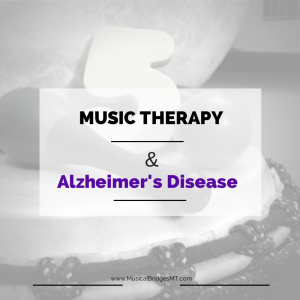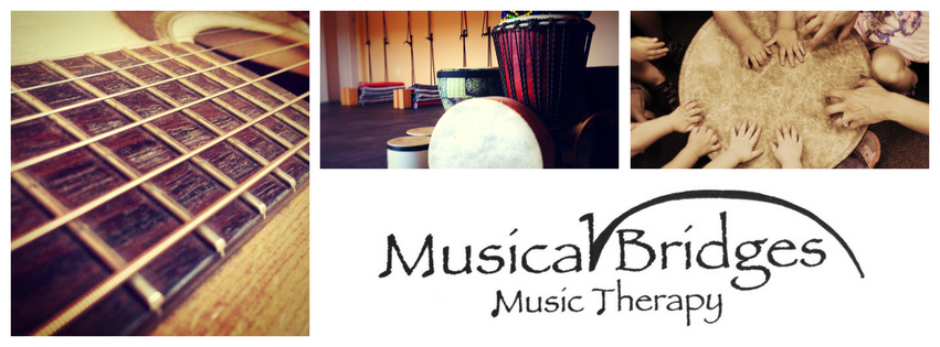 Not only is summer fast approaching, but June is Alzheimer’s and Brain Awareness month. I’m sure that almost every person who reads this knows of someone who has lived with or currently is living with Alzheimer’s disease. Perhaps a family member, a friend, a family member of a friend, or maybe even you yourself. Alzheimer’s is not a disease to be taken lightly and the prevalence and effects of the disease are only increasing in our country and communities.
Not only is summer fast approaching, but June is Alzheimer’s and Brain Awareness month. I’m sure that almost every person who reads this knows of someone who has lived with or currently is living with Alzheimer’s disease. Perhaps a family member, a friend, a family member of a friend, or maybe even you yourself. Alzheimer’s is not a disease to be taken lightly and the prevalence and effects of the disease are only increasing in our country and communities.
Let’s start with the facts, as stated by the Alzheimer’s Association: Alzheimer’s currently affects more than 5 million Americans, with approximately 500,000 deaths attributed to the disease each year. This makes the disease the 6th leading cause of death in the United States. When one considers how many Americans are suffering from this severe form of dementia it can be quite unnerving. Especially the fact that the numbers are only increasing. According to the Alzheimer’s Association there may be as many as 16 million Americans with the diagnosis by the year 2050, and that is just people over the age of 65.
So how can music therapy help? Unfortunately there is no cure and no way to stop or reverse the damage that has been done, however, there are treatments available. If you know someone with Alzheimer’s, you may have considered looking into music therapy, or perhaps even seen some of the effects music can have. There is much research in the music therapy field regarding the use of music with people living with Alzheimer’s.
People living with dementia often suffer depression. They struggle with memories, performing daily tasks, are often confused due to poor reality orientation, may become isolated due to deteriorating social skills and are often denied their dignity due to these struggles as they become more dependent on others. One can’t even begin to imagine the overwhelming emotions that these people deal with. This is where music therapy comes into play and can be so crucial in helping with these struggles. These are the 5 reasons why music can be such a powerful treatment for people living with Alzheimer’s.
1. Music is Familiar- There is nothing more comforting than music when in an uncomfortable or unfamiliar situation. For one suffering from Alzheimer’s, this can be a daily occurrence. Not recognizing those around you, your environment (especially if just being moved to a nursing facility) or having trouble answering basic questions such as “what is your name” can have a tremendous affect on one’s anxiety. Music aids by cloaking the uncertainty with familiarity and can help ease anxiety and distract from the confusion.
2. Music Improves Mood– Not only does the familiarity of music bring a sense of comfort in a confusing environment, but music is fun, enjoyable and helps distract which can brighten one’s mood and bring them a moment of happiness. I know in my group sessions one of my biggest goals is for every participant to be smiling and laughing by the end of the hour. This usually isn’t too hard as music is very effective at helping me achieve this result 🙂
3. Music Motivates– I cannot begin to count the amount of times I have witnessed patients begin to move and open up during a music therapy session. Those who refuse to participate in group exercises have no problem shaking egg shakers to dance routines and occasionally you will see those who get up to dance who otherwise would have stayed in their chairs. Music has the ability to trigger the brain to respond physically as well as emotionally.
4. Music Increases Socialization– Music is directly involved with social situations. Whether it be a party, gathering at church or a funeral, music is almost always involved when people gather together. Not only is music an aspect of social events, it often is also a facilitator to be social. Playing instruments with a group of people, singing together, writing a group song, playing musical games… these are all ways that music can facilitate participation and response.
5. Music Affects the Brain– Though listed as #5, this is the number one reason why music therapy is beneficial for those suffering with Alzheimer’s disease. Music is one of the last things to leave our brains. Those who cannot recognize their loved ones can still play songs on the piano which they learned long ago. They most likely cannot read the music anymore, but their motor memory keeps the music flowing. Song lyrics are held onto and recalled with musical stimulation and often times those who have trouble speaking can still sing. You can check out my previous post on the brain to learn more and access a list of references.
Now with all of this being said… it is important to remember that a music therapist is also a crucial component for achieving these musical results. Though music can be a powerful tool at alleviating symptoms, music is just as powerful at achieving unwanted results and creating additional problems. A music therapist is trained in knowing how to respond and treat behaviors and symptoms of Alzheimer’s as well as knowing how to effectively implement music to aid these patients.
Don’t hesitate to contact us if you are looking for music therapy for a loved one or perhaps at a facility. Music therapy is effective in both individual and group settings with proper implementation from a board certified music therapist. You may be surprised at how much music therapy can help your loved one. Though music therapy offers no cure to Alzheimer’s, it can tremendously affect quality of life and provide comfort and a moment of orientation in a world that is becoming increasingly unfamiliar.
